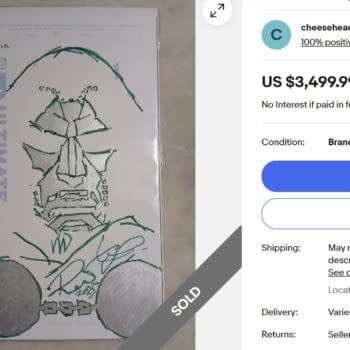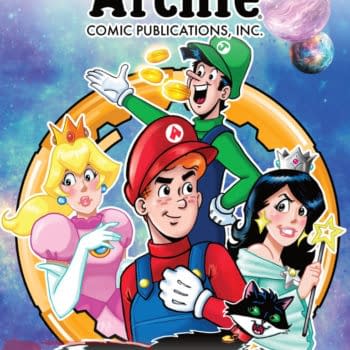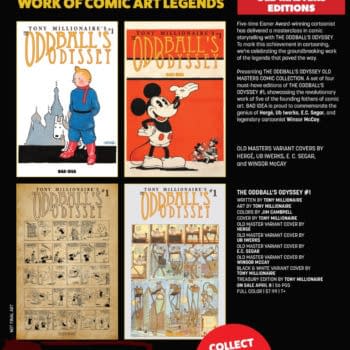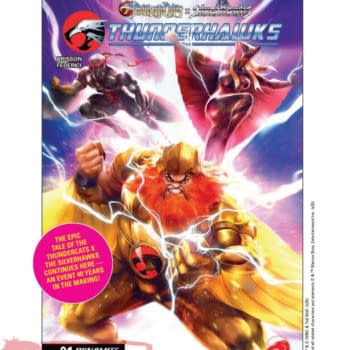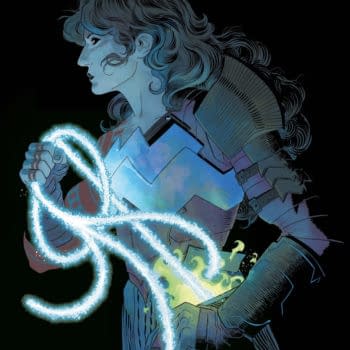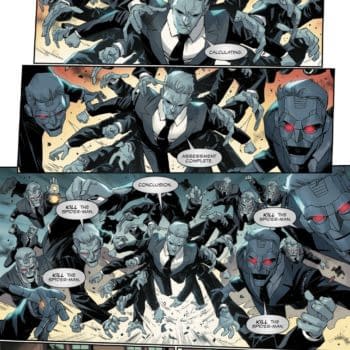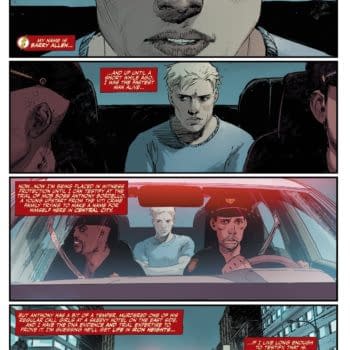Posted in: Comics | Tagged: nft, nftwatch, rob liefeld
Rob Liefeld To Launch New Superhero Team By NFT, But Changed His Mind
Rob Liefeld posted the following to Facebook;
I was going to have an NFT drop this weekend. It was submitted and prepared weeks in advance. WAS. I pulled it. Too much unknown. Environmental concerns. Market concerns. There were a bunch of spin off pieces, additional "tokens" highlighting each character. All these bold new characters will meet you a little later on down the road. Colors by the brilliant Jay David Ramos
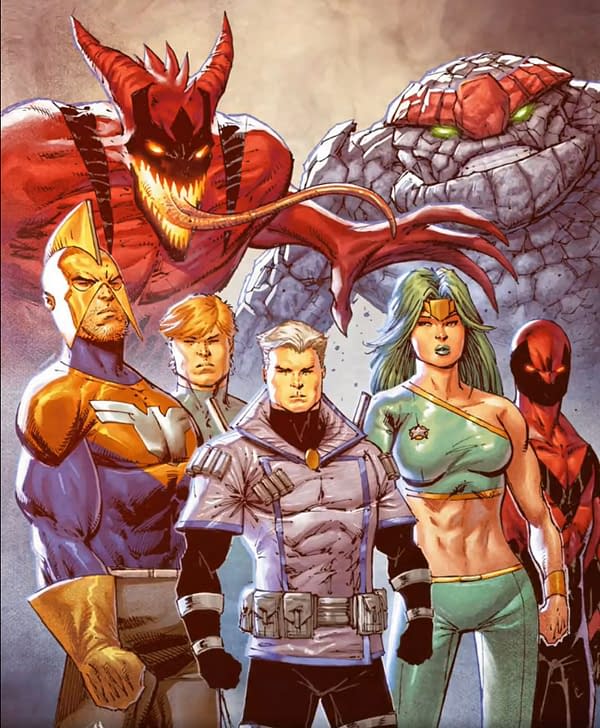
A new group of super characters, that may suggest Rob Liefeld's version of Guardians Of The Galaxy?
For those late to the party, NFT or non-fungible tokens are unique digital records of ownership of anything, including digital files, verified by blockchain technology. There are major concerns with the current NFT marketplace. .To make an NFT, you have to "mint it"- register it on the blockchain, which takes energy and costs money, from $40 to $1000, depending. That registration can then be sold on. Creating and maintaining the ownership and registration of NFT artwork uses somewhere between weeks, months, years, and even decades of a First World user's average citizen's energy consumption, depending on the work. Ethereum, the digital currency used for NFT, uses a protocol to determine their value called "proof of work", through computer "mining". Initially, a background process that could run on a laptop, the proof of work gets harder to match the increase in mining which has led to enormous banks of computers being set up in cheap energy territories in air-conditioned shipping containers, all competing with each other. And in total, using more energy than Argentina.
NFT artwork also recreates the worst aspects of the physical art market as standard for the digital art market, regarding them primarily tokens of monetary worth, attracting high roller money laundering and tax evasion, as well as not respecting the copyright of the actual originators of the artwork being NFT'd.
But for a number of creators, it has become a way to sell digital original art in the same manner that they sell physical original artwork to collectors. Though the likes of Marvel and DC Comics seem to have an issue with this.






